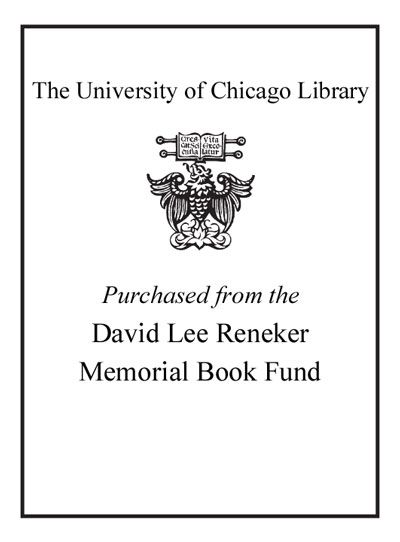Review by Choice Review
The Doha Round of the World Trade Organization was launched in 2001, but deep rifts among member countries have prevented a successful completion of the global trade agreement. In the meantime, efforts at regional integration, anchored by preferential trade agreements (PTAs) among groups of countries, have met with greater success. But modern PTAs go far beyond the market access aspect of previous regional trade agreements, and this handbook seeks to help policy makers understand the range of policy areas facing them. The 22 chapters are written by economists at the World Bank, universities, and trade-oriented organizations. They cover the policy dimensions associated with a panoply of PTA issues, including investment regimes, labor mobility, competition rules, agriculture policy, intellectual property rights, dispute settlement, and government procurement. Theoretical discussions of costs and benefits of PTAs are presented, but the principal contributions--listings of various regional agreements, their scope and provisions, the terms of coverage--are of a decidedly practical bent. Policy makers in developed and developing countries pondering what kind of regional arrangement works best for them will find this handbook to be a helpful guide. Advanced students of international trade will likewise find it a useful resource. Summing Up: Recommended. Upper-division undergraduate through professional collections. S. Paul Elizabethtown College
Copyright American Library Association, used with permission.
Review by Choice Review

